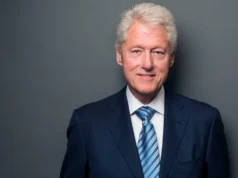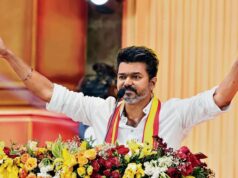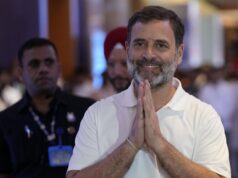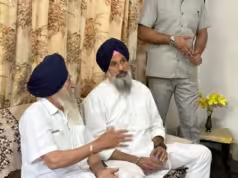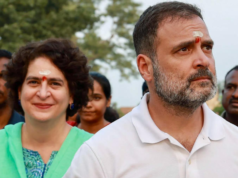According to Congress MP Shashi Tharoor, “charismatic leadership and heavily centralised governance” are “premium” in the present BJP-led NDA government.
According to Congress MP Shashi Tharoor, India has experienced “paradigm shifts” over the past 78 years, especially in the areas of politics and foreign policy as a result of regime changes.
Tharoor contrasted the “centrism, even left of center” policies of the Congress with the “far more muscular nationalism” of the BJP-led NDA government. According to him, “charismatic leadership and heavily centralised governance” are valued highly under the current system.
Naturally, there has been a significant shift to the right in our politics from the Congress party’s centrism and even left-of-center views to the BJP’s far more forceful nationalism, which values charismatic leadership and highly centralized government. During a talk at the Honourable Society of the Inner Temple in London, UK, Tharoor stated, “Now, these were not just changes, but paradigm shifts.”
The theme of Tharoor’s public talk, which was hosted by a renowned Indian institution, was “India at 2047: The Future of the World’s Largest Democracy.”
He stated that India’s “democratic destiny “had seen multiple modifications in the last 78 years – “from a feudal and caste-entrenched rule to a modern egalitarian and rights-based republic” .
The Congress leader discussed how India’s economy has changed over this time, describing it as moving from “protectionist and state-controlled to liberalised, privatised, and globalised.”
Regarding India’s changing foreign policy, he stated, “A shift in our foreign policy from non-alignment during the Cold War to multi-alignment today as India engages strategically with an increasingly multipolar, immensely globalized, and interdependent world.”
Furthermore, Tharoor claimed that India’s “sprawling democratic setup, which affords, thankfully, great suspension” made it easy for Indian culture to adapt to the drastic changes. He cited the ways that global turmoil has resulted from developments of this magnitude.
These modifications could have sparked a bloody revolt elsewhere. They were able to unfold legitimately in India because to democracy, he continued, “without…our opposing ideologies and streams of thought.”
He stated that there is still more work to be done in relation to the 2047 goal. He mentioned his caution in his final speech to the Constituent Assembly, citing BR Ambedkar.
In his final speech to the Constituent Assembly, Dr. Ambedkar cautioned us that social and economic equality must be added to the political equality given by the universal adult franchise. “And the persistent lack of economic and social equality,” he said.
Additionally, Tharoor discussed how India has made significant progress in reducing poverty, but he emphasized that 129 million Indians remain impoverished.
It is a shameful truth that we cannot afford to overlook, he continued, “that millions of people in India still go without three square meals a day or lack a roof over their heads along with such basic amenities as a steady supply of clean drinking water and electricity.” “India’s democratic journey has been resilient and impressive, but the years ahead will provide significant challenges. Institutions are important, but far more important is the mentality that underpins them.
At the Honourable Society of the Inner Temple in London, as well as at University College and Somerville College in Oxford, Tharoor gave a number of eminent talks and talks.
